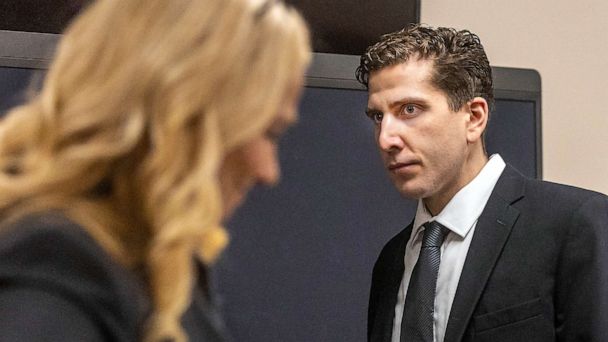
When Yilai Shu was training to be an otolaryngologist in Shanghai, in the mid 2000s, he often met parents with congenitally deaf kids.
“They always asked me, ‘Do you have any drugs to treat our kids?’ said Shu, who is hearing and a professor at Fudan University in China. “That’s what really inspired me to think about developing a drug.”
advertisement
Decades later, Shu is closer than ever to such a drug. In October, he presented extraordinary data at a conference: His team had successfully enabled hearing in four congenitally deaf children using gene therapy. The work is the culmination of decades of genetic research and has spurred companies like Regeneron and Eli Lilly to swoop in and back other groups developing similar treatments.
The hearing gains are modest and the technology is currently limited to a type of deafness that only affects 1% to 8% of deaf people globally, but some experts suggest that gene therapy could eventually apply to as many as half of all congenitally deaf people. These treatments would have massive implications for the 12,000 kids born with hearing loss in the United States every year.
“This has been the dream of our field for 30-plus years to come up with a molecular treatment to give people real, natural hearing, that they were originally intended to have,” said Larry Lustig, a hearing otolaryngologist at Columbia University who is leading a Regeneron-backed trial showing promising results using gene therapy to treat deafness. “This is going to be transformative.”
But this transformative technology faces a problem: not all deaf people want it.
STAT+ Exclusive Story
Already have an account? Log in


This article is exclusive to STAT+ subscribers
Unlock this article — plus daily coverage and analysis of the biotech sector — by subscribing to STAT+.
Already have an account? Log in
Already have an account? Log in
Monthly
$39
Totals $468 per year
$39/month Get StartedTotals $468 per year
Starter
$30
for 3 months, then $39/month
$30 for 3 months Get StartedThen $39/month
Annual
$399
Save 15%
$399/year Get StartedSave 15%
11+ Users
Custom
Savings start at 25%!
Request A Quote Request A QuoteSavings start at 25%!
2-10 Users
$300
Annually per user
$300/year Get Started$300 Annually per user
View All Plans
Get unlimited access to award-winning journalism and exclusive events.
Subscribe Log InNext article: Hollywood unions extend contract negotiations for actors

















